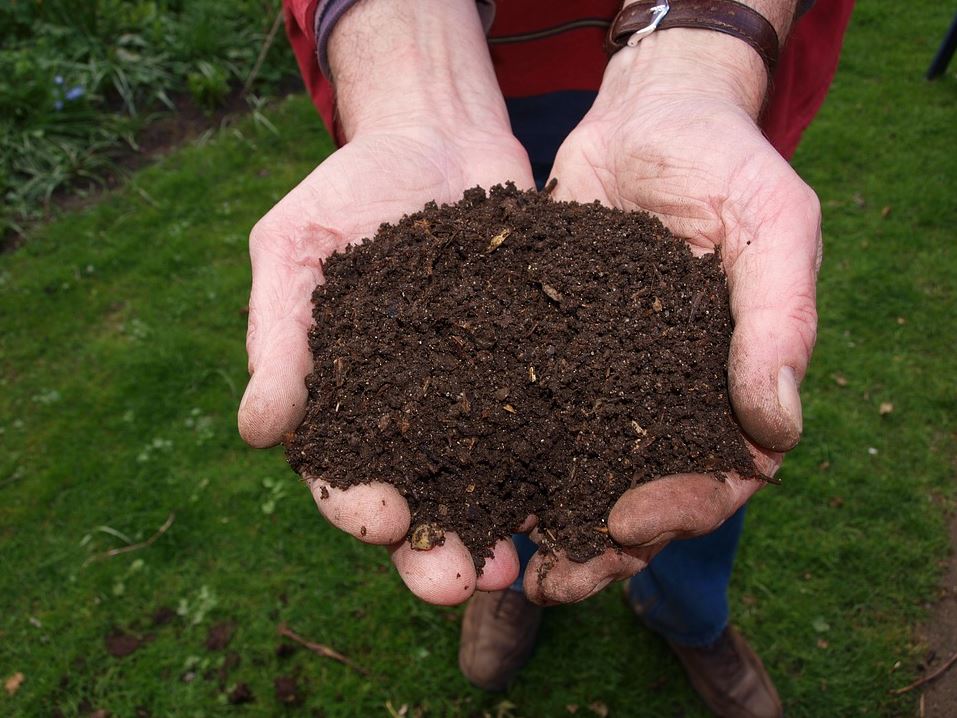Using compost is a wonderful way to avoid food waste as well as return nutrients to your soil. This natural fertilizer improves plant growth without the risk of chemical burn. Most people know to compost raw vegetables and garden waste, but you actually can compost cooked foods if you understand a few basic tips.
Cooked Vegetables
Most people adhere to the no cooked foods rule when composting because of the added butter, fat, and meat products used in recipes, but steamed vegetables are ideal for the compost pile. It doesn’t take any additional fats to steam foods. Without sauces or oils added, both the vegetables and cooking water can be stirred into your compost pile.
Chorizo and Other Cooked Meats
As long as your compost pile is well-aerated and hot you can add cooked meats. Chorizo, like that available from Cibao Meat Products, is an excellent sausage to add to many recipes, especially Mexican dishes. The spicy flavor is an excellent option when spicing up traditional meals. It is made with natural intestine casings which also makes it a prime candidate for composting. Pre-cook all raw meat to kill the bacteria before adding it to the compost pile, and chop your scraps so that they break down easily.
Cooked Grains and Starches
Those that are composting their cooked vegetables successfully should have no trouble adding cooked pasta, rice, or bread. Many people think that these foods will attract unwanted scavengers, but every location is different. Take your local wildlife into consideration.
Composting Tips
When composting cooked foods you need to keep your pile at 140°—160° F. Cover cooked foods with dirt, sawdust, or leaves to reduce odors and discourage scavengers. If pests do become a problem, use an enclosed system like a womery or tumbling composter. You may want to try an anaerobic fermenting system as well. These function with special bacteria that are kept in the compost pile inside of an air tight bin. These types of composters will effectively and quickly break down dairy and meat scraps, but the compost may turn out more acidic than from a typical compost system.
Using left over foods from your family’s meals will only add to the nutrients found in your compost. This includes cooked foods. As long as you follow the proper procedures, it should result in a natural fertilizer that will benefit all of your plants.
